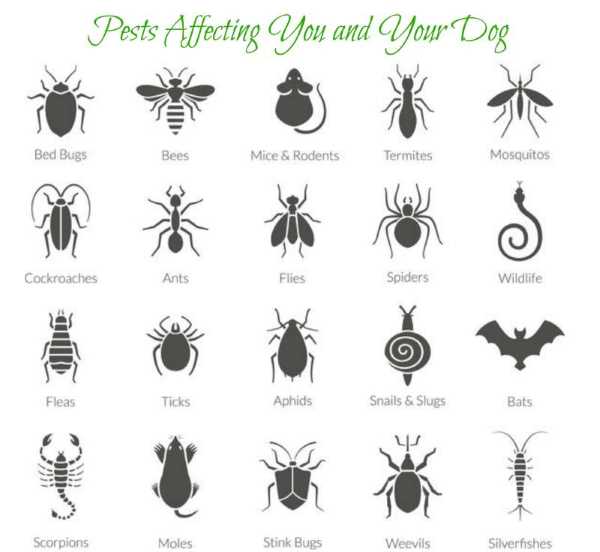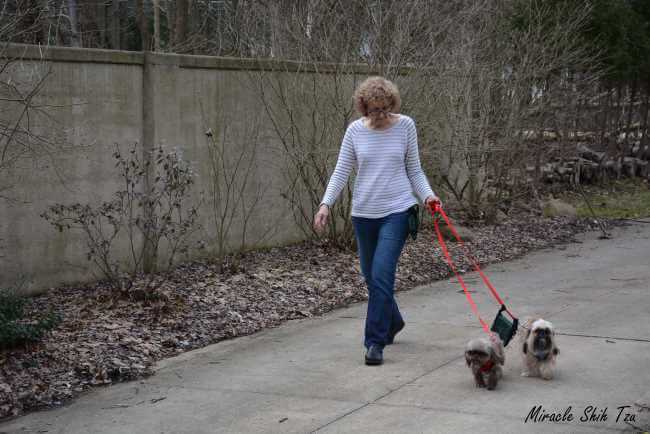How to Create a Safe Outdoor Space for Your Shih Tzu
Creating a Safe Outdoor Space for Your Shih Tzu | By Karol King
Shih-Tzus are one of the more popular breeds in the United States, and their friendly personalities make them an excellent fit for a variety of households.
Since they love to be with their humans, this can mean a lot of time outdoors in the summer, but remember that Shih-Tzus have a unique physiology that requires a little extra planning to keep them safe in the family backyard. Creating that safe outdoor space for your Shih Tzu requires some planning and regular upkeep.
Tips for Creating a Safe Outdoor Space for Your Shih Tzu

- Keeping Cool and Rested
- Mind the Vegetation
- Know What Pests Can Harm Your Dog
- Stay Safe from Pests
Keeping Cool And Rested
The breed’s signature flowing coat necessitates regular grooming, and come the warmer months, some Shih-Tzu owners choose to have their pets clipped short into a puppy cut. This can avoid tangling or matting, and prevent your pup from overheating.
Because Shih-Tzus are a brachycephalic breed, the compact nature of their sinuses makes it difficult for them to pant and release heat like dogs with longer snouts. This means excessive stair climbing and swimming should be avoided as well.
A kiddy pool or a sprinkler are safer ways your Shih-Tzu can have a little water fun, especially in families with children. Shih-Tzus don't usually require a large amount of daily exercise, but when their family is playing outdoors, they can’t help but join in the fun.
It’s essential to have a cool place for your pup to get some rest during the heat of summer. Shade trees and retractable awnings can provide protection for your Shih-Tzu, and be sure to provide plenty of fresh water for them to drink. For a low-maintenance, pet-safe play area, consider artificial turf, which stays cooler and resists pests. If you’re interested, get a free quote to see the best options for your backyard.
If you have a Shih Tzu that adores the great outdoors, you may want to also consider a cooling mat. Many of the newer cooling mats for dogs make use of gel technology that releases cool with pressure when the dog sits or lays down.
The best quality ones will stay cold for more extended periods and are made of non-toxic gels. It’s still a good idea to inspect the mat periodically to assure no tears are detected. These mats can also be used indoors and provide a cool resting place especially in homes with carpeting and no access to cold tile or flooring.
Creating a Safe Outdoor Space for Your Shih Tzu Means Minding The Vegetation
Lots of families have gardens and wooded spaces in their backyards, and some plants can be toxic to your pets. Keep your outdoor areas free of poison ivy and other skin irritants.
You should also be mindful of plants which are poisonous when ingested. Common bedding plants like azaleas, daffodils, and begonias can be harmful to your pets.
If you're uncertain about any plant varieties, don’t hesitate to call your veterinarian for advice.
Know What Pests Can Harm Your Dog

If your Shih Tzu spends any time at all outdoors, they are likely to attract an unwanted pest or two that can make your Tzu miserable and even lead to disease. Plan ahead to assure your outdoor area will be safe for both you and your dog.
Your Safe Outdoor Space for Your Shih Tzu Should Not Encourage Mosquitos
Warmer months always brings on those pesky mosquitoes. Not only do they bite us causing redness, itching and sometimes swelling, but they can also do the same to your Shih Tzu.
When our dog scratches intensely, our first reaction is to look for fleas or assume some type of allergy. That itchiness could be the result of a mosquito bite.
More importantly, though mosquitoes carry disease. Most dog owners are familiar with Heartworm disease. But mosquitoes also carry, West Nile Virus, Eastern Equine Encephalitis, and Systemic Lupus Erythematosus are others.
Mosquitoes can be a menace to both you and your dog. Proper protection is very important.
Fleas
Fleas can cause anemia and flea bite dermatitis. Dogs can also get Tapeworms by swallowing infected adult fleas.
Ticks
Ticks are responsible for Lyme Disease but also can cause less common issues such as Rocky Mountain Spotted Fever, Ehrlichia, Babesiosis, and Tick Paralysis.
Bees, Wasps and Other Flying Insects
Bees and Wasps and other stinging insects can be especially dangerous to puppies and adults who have sustained numerous stings. They can cause severe pain and allergic reactions that are often life-threatening.
Flies
Flies may not carry dangerous diseases, but they are notoriously annoying. Horse flies can bite and tend to go for the dog’s ears and underside. If left unnoticed, flies can land on the dog and lay eggs, especially if the dog has a cut or wound.
If that’s not bad enough, when the eggs hatch into maggots, they can bury into the skin causing severe irritation and infection. Removing maggots from a dog with a skin wound is not for the faint of heart.
Your Safe Outdoor Space For Your Shih Tzu Should be Free from Pests
It’s impossible to avoid all of these pests but there are ways you can help eliminate them and reduce the risk of your dog becoming a victim.
Keep up with heartworm prevention and use flea and tick products to protect your dogs in warm months.
Plant citronella plants around your deck or porch or use citronella candles especially at night.
Use an insect repellent on yourself and spray your dog at the same time. Remember that the common ingredient, DEET, found in human products such as OFF can cause vomiting, seizures, and skin irritation when sprayed on dogs.
Drain any standing water near your home and use mosquito attractants such as citronella plants in areas where your dog goes regularly. Avoid walking your dog early in the morning and late at night as these are the times when mosquitoes are most active.
If your dog goes out regularly or spends any time outdoors, check for ticks when they return home. Learn how to safely remove ticks as soon as you spot one.
Old time removal techniques are not helpful. The best way to remove a tick is with a tweezer or commercial product designed to pull it out of the skin.
Inspect your home and garden for wasp or hornet nests. Remove promptly. Use a professional service as trying to do this yourself can result in severe injury to yourself. If you are helping to promote pollinating bees to your area, plan your garden far from where your dog would usually go.
 Check for Ticks Once You return home from a hike
Check for Ticks Once You return home from a hikeSummer Is Better With Your Shih Tzu
With a little planning and a few precautions, your Shih-Tzu can have a wonderful summer right alongside you and your family. Keeping them cool and hydrated is the key to keeping them safe.
Don’t forget to administer flea and tick preventatives too. Even when the coat is cut short for summer, creepy-crawlies can still find a way into your dog’s coat.
Here’s to a healthy safe outdoor space for your Shih Tzu and You!
Create Your Own Safe Outdoor Space for Your Shih Tzu
Author Bio Karol King
Karol is animal lover who has dedicated her life to helping dogs to find a safe and happy home. She now works as a freelance writer, which is her passion, and has the freedom to spend more time at home with her wonderful family.
"Hi, I'm Janice Jones, a former veterinary technician and Shih Tzu expert with over 40 years of experience with the breed. Through Miracle Shih Tzu, I combine my medical background and extensive breed knowledge to provide reliable, practical advice for Shih Tzu owners. My mission is to help you give your Shih Tzu the happiest, healthiest life possible through evidence-based information and real-world solutions. Whether you're new to the breed or a seasoned owner, you'll find trusted guidance here for all aspects of Shih Tzu care.
I hold an undergraduate degree in Psychology with a minor in biology, Early Childhood Education, and Nursing, and a Master's in Mental Health Counseling.



